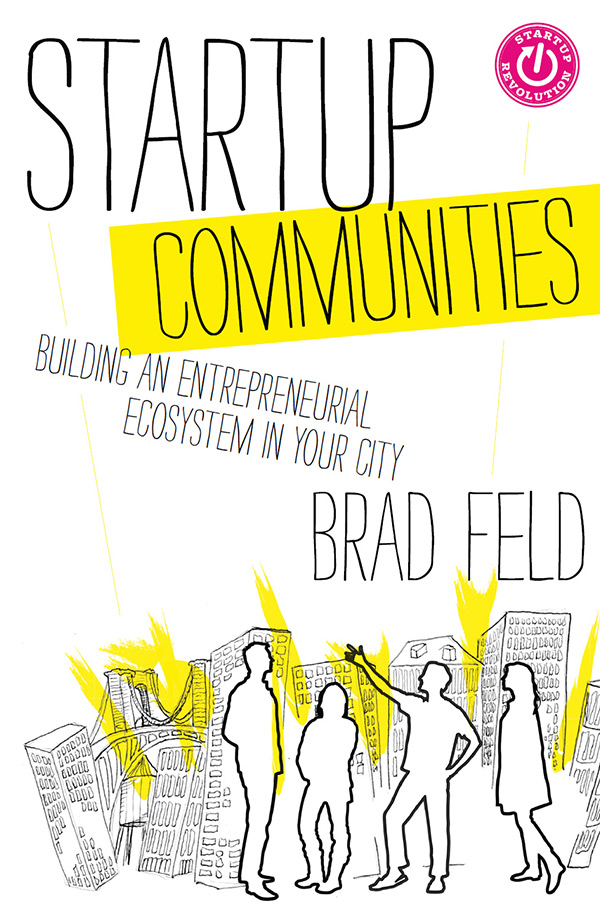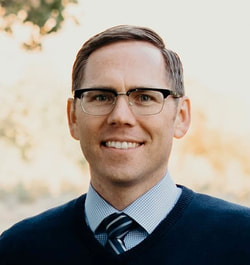|
Starting your own successful business can be very difficult especially in a rural community. The book Startup Communities: Building an Entrepreneurial Ecosystem in Your City by Brad Feld explains some of the potential issues of starting a business and how one community has addressed these problems. This book review was written by my outstanding 2018 summer intern: Kenadie Terry. She is a decorated 4-H alum who is now a sophomore at Southern Utah University studying engineering and nursing. She wrote this review through the lense of Extension and how these professional s can build startup communities in their cities and towns. This book is centered around how joining a startup community can add a lot of assistance to make it easier to start a company. These communities can participate in special events, quarterly meetings, or regular discussions led by community leaders. Each rural city or aria can be different so the steps towards starting one of these startup communities may vary depending on what is needed. Extension professionals can play a great role in this by gauging what the community needs, organizing these meetings, and introducing individuals to each other.
In Fields book he discussed a few generic issues that startup communities can face. One can be the vision of where the company is headed. Many companies think of what will benefit them on a step by step basis instead of what will help their company in the long run. Another issue that can be difficult is finding local investors. Fields suggests finding multiple small investors, this can help not only with gaining the necessary funds but also with helping the surrounding community to feel more engaged and connected to the company. One major problem can be a lack of a local entrepreneurship network. It can be very helpful for small business owners to meet together to share strategies and learn from each other’s mistakes. The last major problem happens when individuals try to copy what has worked in other areas. They shouldn’t expect to be the next Silicon Valley just because they follow the same basic principles. Each community is different so the same businesses may not be as effective because that may not be what your local area needs. Build your business around supply and demand, find what your community needs and build your business around that. The advice Fields gives in his book can be incredibly useful but you need to interoperate it for how it would work in your community. I grew up in a rural community where a few of these practices could not be possible. One of the pieces of advice was to have a weekly meeting at a coffee shop so that the local businesses could interact and learn from each other. In the city I lived in this would not be realistic, the closest thing we had to a coffee shop was a gas station and taking out a few important work hours each week could be detrimental to their business. In a town like this I think a quarterly meeting would be more realistic for the business leaders. This is just one example of how these pieces of advice can be changed depending on their local area. Extension professionals can be a great resource on planning and adjusting these suggestions. An Extension professional can help by organize meetings, introducing new business owners to potential mentors and investors in the community. They can host workshops, lectures, and other guided events. One advantage a startup can have when working with extension can be the recruitment they need to enhance their company. Many individuals could learn about the start up companies in their community while at a college or vocational school from the Extension professionals. While they are in school they can do internships or have job shadowing experiences and after they graduate they can have the opportunity to apply for jobs from the companies. Extension professionals have the opportunity to know the economic and entrepreneurial needs of the community so they are a great resource for mentoring and assisting new start up businesses. Starting a new business can be a very frightening and intimidating thing to do, but in every community, there are a few people who they can go to for help. They could ask local business owners what they have done to create a successful business. Local Extension professionals can introduce them to issues in the community as well as potential investors and mentors. They can join a group of new startup business leaders who are in a similar position that they are in. Most importantly they can look at the local area and see what is needed, so that they can make a business that can positively affect the community around them.
0 Comments
Leave a Reply. |
Paul Hill, Ph.D.I design, plan, and evaluate economic development programs for Utah State University. Archives
September 2022
Search this site:
|


 RSS Feed
RSS Feed
